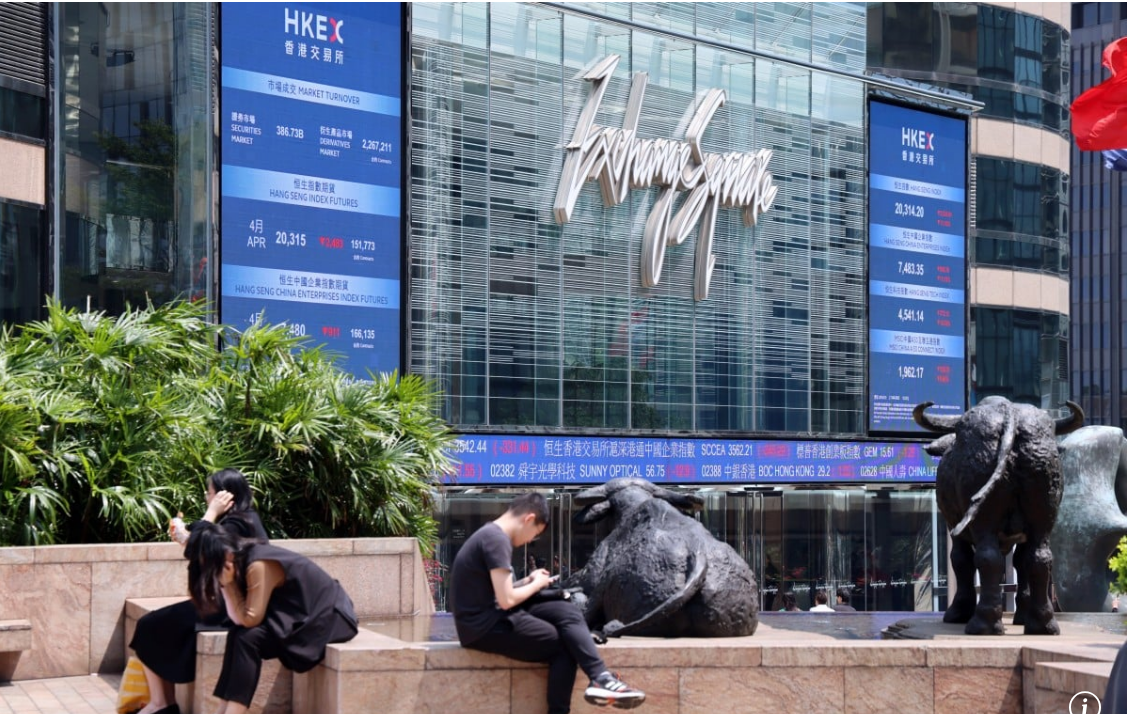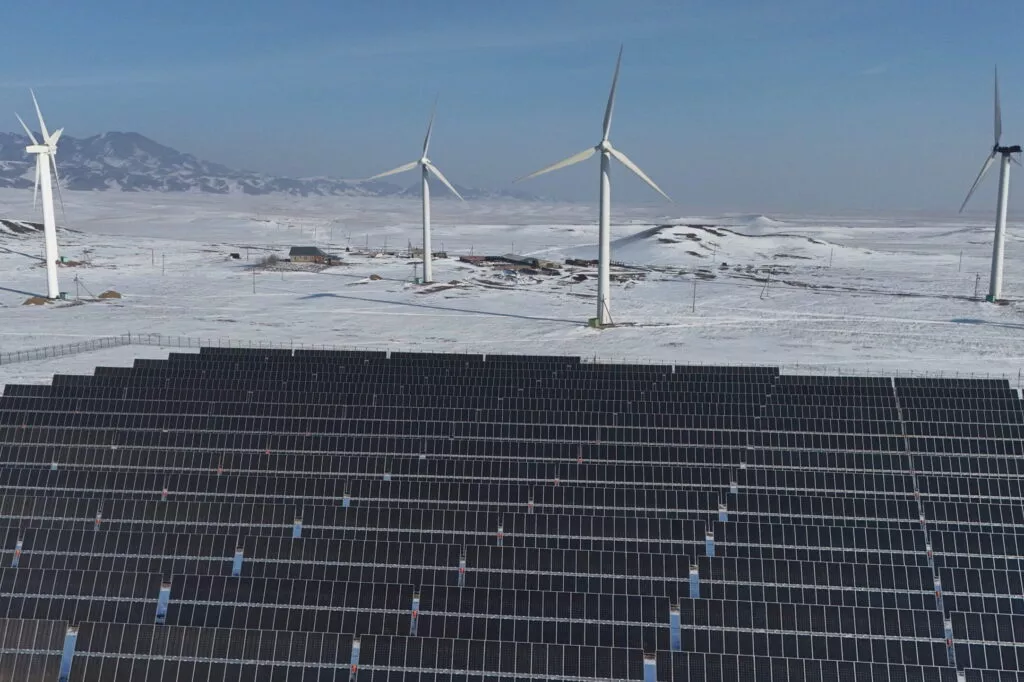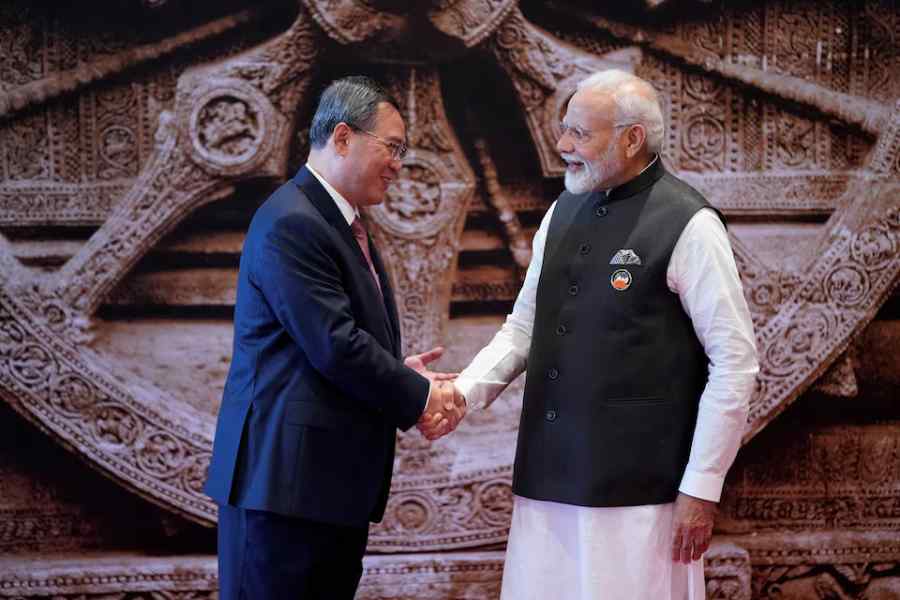As the trade war continues to dominate, Hong Kong stocks disregard positive China GDP data.
Hong Kong stocks fell sharply on Wednesday, as investors fretted over the ongoing US-China trade war that shows no signs of dying down, while ignoring China’s economic growth in the first quarter. Disappointing data from China’s property sector did not help sentiment either.
The Hang Seng Index closed 1.9 per cent lower at 21,056.98, the first decline in seven days. The Tech Index slumped 3.7 per cent. On the mainland, the CSI 300 Index and the Shanghai Composite Index both added 0.3 per cent.
The declines were led by mainland Chinese tech giants. On-demand delivery service provider Meituan slumped 8.1 per cent to HK$134.90, e-commerce giant JD.com declined 7.3 per cent to HK$138.00 and Alibaba Group Holding slipped 4.1 per cent to HK$105.40.
Some stocks defied the overall market mood. Hong Kong power utility CLP Holdings advanced 1.6 per cent to HK$64.45 and developer Sun Hung Kai Properties rose 1.5 per cent HK$70.45. HSBC Holdings added 1 per cent to HK$79.55.
China’s economy grew 5.4 per cent in the first three months of the year, exceeding Bloomberg’s estimates of 5.2 per cent. The first-quarter gross domestic product (GDP) was supported by front-loading of exports in anticipation of higher US tariffs, matching the 5.4 per cent growth in the fourth quarter.
Retail sales rose 5.9 per cent year on year in March, compared with 4 per cent in the first two months. Industrial production surged by 7.7 per cent, well above the expected 5.9 per cent.
China’s economic data for the first quarter is a “just a mirage – the real slowdown story starts now”, said Stephen Innes, managing director at SPI Asset Management.
“Much of this was front-loaded – fuelled by a burst of pre-emptive activity ahead of US tariff escalations and an inventory binge stateside as importers scrambled to get ahead of the curve,” Innes said.
Meanwhile, China’s property sector continues to remain sluggish, with prices of new and second-hand homes in the top 70 mainland cities weakening in March on a month-on-month and on a year-on-year basis, according to official data released on Wednesday.
The US White House said in a post overnight that China would face up to 245 per cent tariff on exports as a result of Beijing’s retaliatory actions.
In overnight trading on Wall Street, Nvidia fell more than 6 per cent after the chipmaker said in a regulatory filing that exports of its H20 chip to China would require a licence “for the indefinite future”. US officials said the new rules addressed concerns that “the covered products may be used in, or diverted to, a supercomputer in China”, according to the filing.
“The reality is we are expecting more volatility because the equity market is pricing in slower growth, not so much of a recession,” said Tai Hui, chief market strategist for Asia-Pacific at JPMorgan Asset Management. “Earnings expectation still needs to be revised a little bit lower.”
He added that Chinese equities remained a crucial part of asset allocation amid heightened market volatility. “In addition to potential policy stimulus to counter trade tariffs, ongoing artificial intelligence development could support the technology sector in the near term and potentially benefit the broader economy over the long run.”
One stock debuted on Wednesday. Kente Catalysts jumped 226 per cent to 48.90 yuan in Shanghai.
Elsewhere, markets in the Asia-Pacific region were mixed. Japan’s Nikkei Index fell 1 per cent, South Korea’s Kospi dropped 1.2 per cent and Australia’s S&P/ASX 200 was flat.













